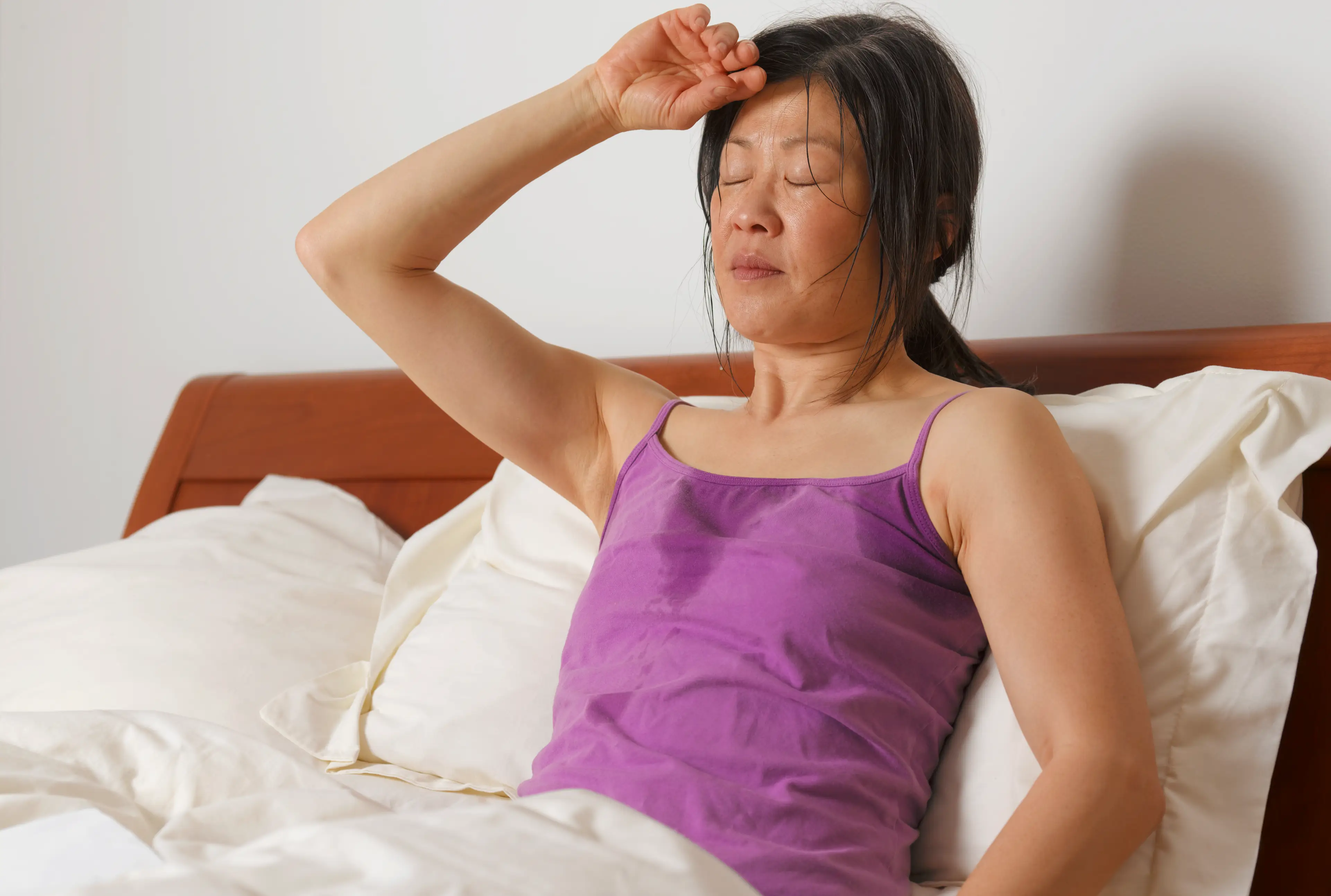There are symptoms of cancer that can occasionally be clear, but sometimes, they can be easily masked, and two things that keep you up at night could be due to an underlying health issue.
There are a wide array of different cancers that can impact a person, but being able to spot some of the symptoms in both the early and late stages can be difficult.
To make things even more concerning, the symptoms that can arise are often impacted by the location and type of cancer that is affecting you.
If you have concerns that you may have developed a form of cancer it is always worth seeking out help and advice from a healthcare professional.
But it is also very common to assume things will simply get better or that the thing causing you issues will simply go away on its own.
Cancer Research UK has highlighted two symptoms that occur when trying to sleep that may be worth speaking to a doctor about as they can be signs of cancer.
Insomnia can be caused by many things but can also be a symptom of certain types of cancer(Getty Stock Image) Night sweats
The health service noted that while there are many potential and simple reasons for night sweats - such as room temperature, cuddling or a change in weather - a person shouldn’t shy away from getting checked if they are regularly enduring 'very heavy, drenching night sweats' or unexplained fevers.
These can be indicators of conditions such as lymphoma.
The organization continued: "If you regularly wake up with soaking wet sheets, you should get it checked by a GP. Night sweats are when you sweat so much that your night clothes and bedding are soaking wet, even though where you're sleeping is cool."
The charity pointed out the importance of getting checked for cancer if you suffer from either night sweats or insomnia Insomnia
Like night sweats, insomnia can be rather common and caused by a whole host of things, including things as simple as stress or anxiety.
However, Cancer Research UK also points out that insomnia could signal the presence of cancer.
The charity said: "If you often have insomnia, it can interfere with everyday life. You may feel very tired and have low energy.
"You might also have poor concentration, and irritability, and may feel you cannot cope."
The organization also gave advice on when an individual should get themselves checked in person by a professional and the importance of doing so.
They said: “It's important to be aware of what is normal for you and speak to your doctor if you notice any unusual changes or something that won't go away. This can help to diagnose cancer at an early stage, when treatment is more likely to be successful."

 Gerrard Kaonga
Gerrard Kaonga
